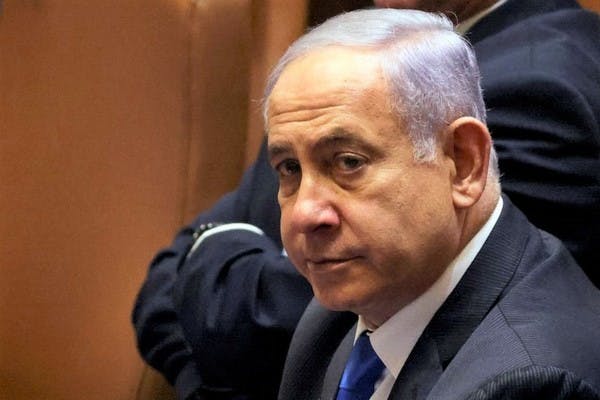Published: 28 December 2017
Last updated: 4 March 2024
Hariri, long an ally of the Saudis, dressed that morning in jeans and a T-shirt, thinking he was going camping in the desert with the crown prince, Mohammed bin Salman.
But instead he was stripped of his mobile phones, separated from all but one of his usual cluster of bodyguards, and shoved and insulted by Saudi security officers. Then came the ultimate indignity: He was handed a pre-written resignation speech and forced to read it on Saudi television.
This, it seemed, was the real reason he had been beckoned to the Saudi capital, Riyadh, a day earlier: to resign under pressure and publicly blame Iran, as if he were an employee and not a sovereign leader. Before going on TV, he was not even allowed to go to the house he owns there; he had to ask guards to bring him a suit.
As bizarre as the episode was, it was just one chapter in the story of Prince Mohammed bin Salman, the ambitious young heir apparent determined to shake up the power structure not just of his own country but of the entire region. At home, he has jailed hundreds of fellow princes and businessmen in what he casts as an anti-corruption drive. Abroad, he has waged war in Yemen and confronted Qatar.
The day Hariri was ordered to report to Riyadh, he was just a pawn in the crown prince's overall battle: to rein in the regional ambitions of Saudi Arabia's longtime rival, Iran.
FULL STORY How Hariri fell and survived: The story of his resignation from Saudi Arabia (SMH/NYT)
Photo: Lebanese Prime Minister Saad Hariri (AP)
AND SEE
13 years after his death, Arafat’s memory remains purely symbolic (Ynet)
Although it may seem as if the former Palestinian leader is still the unshakable symbol of Fatah, the movement has gone to great lengths since his death to distance itself from his associates and from his legacy of pursuing peace talks with Israel while supporting terrorism




